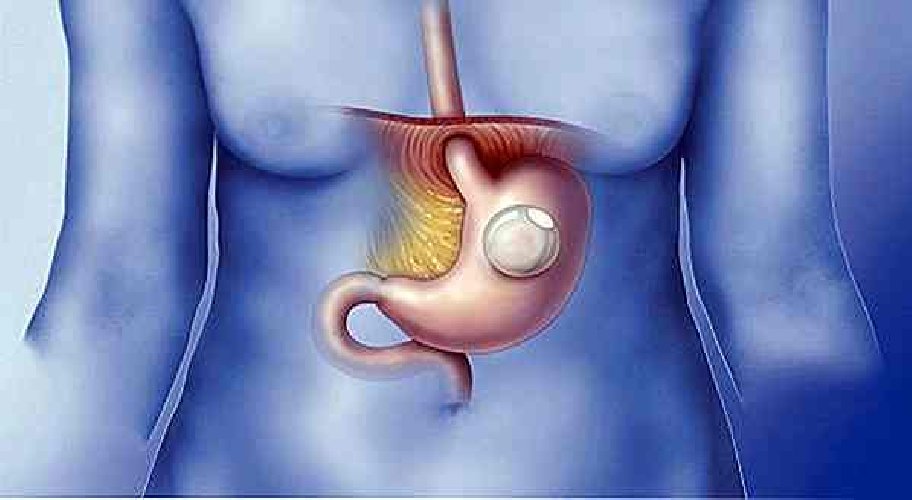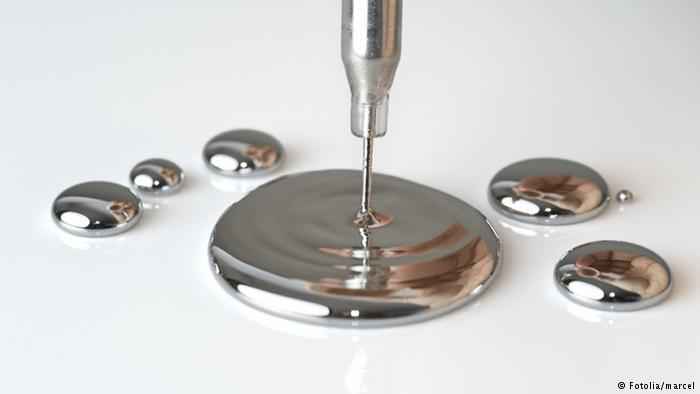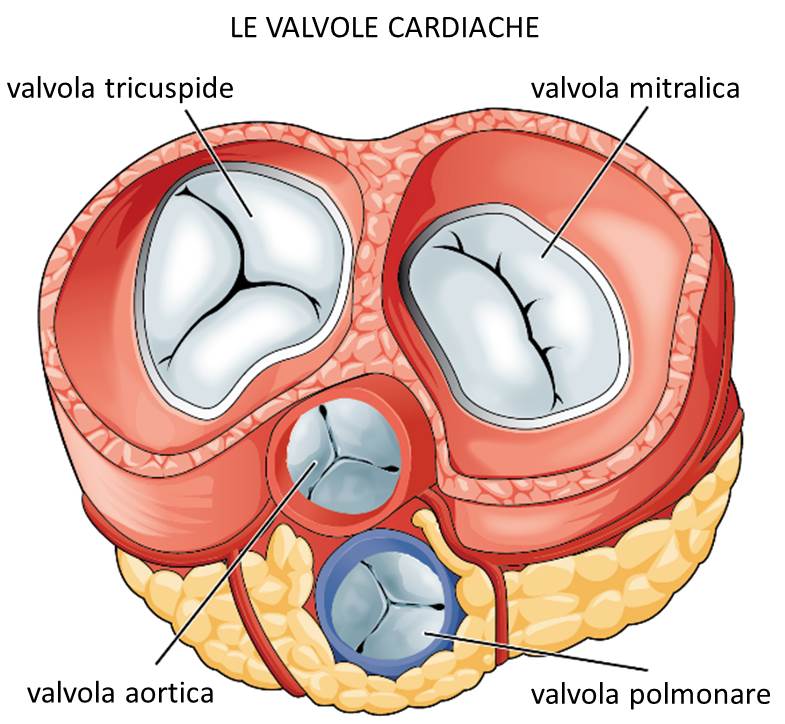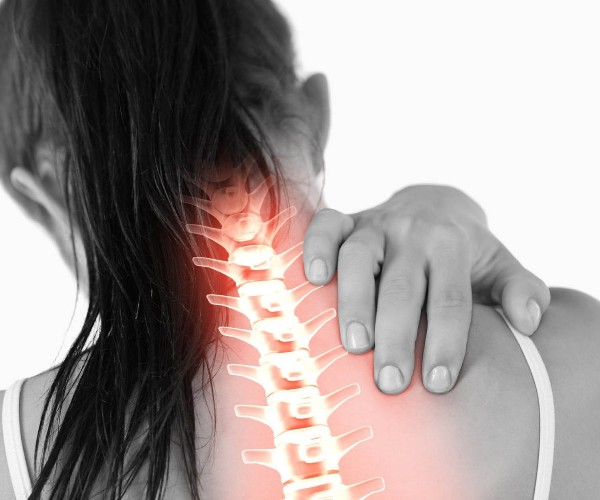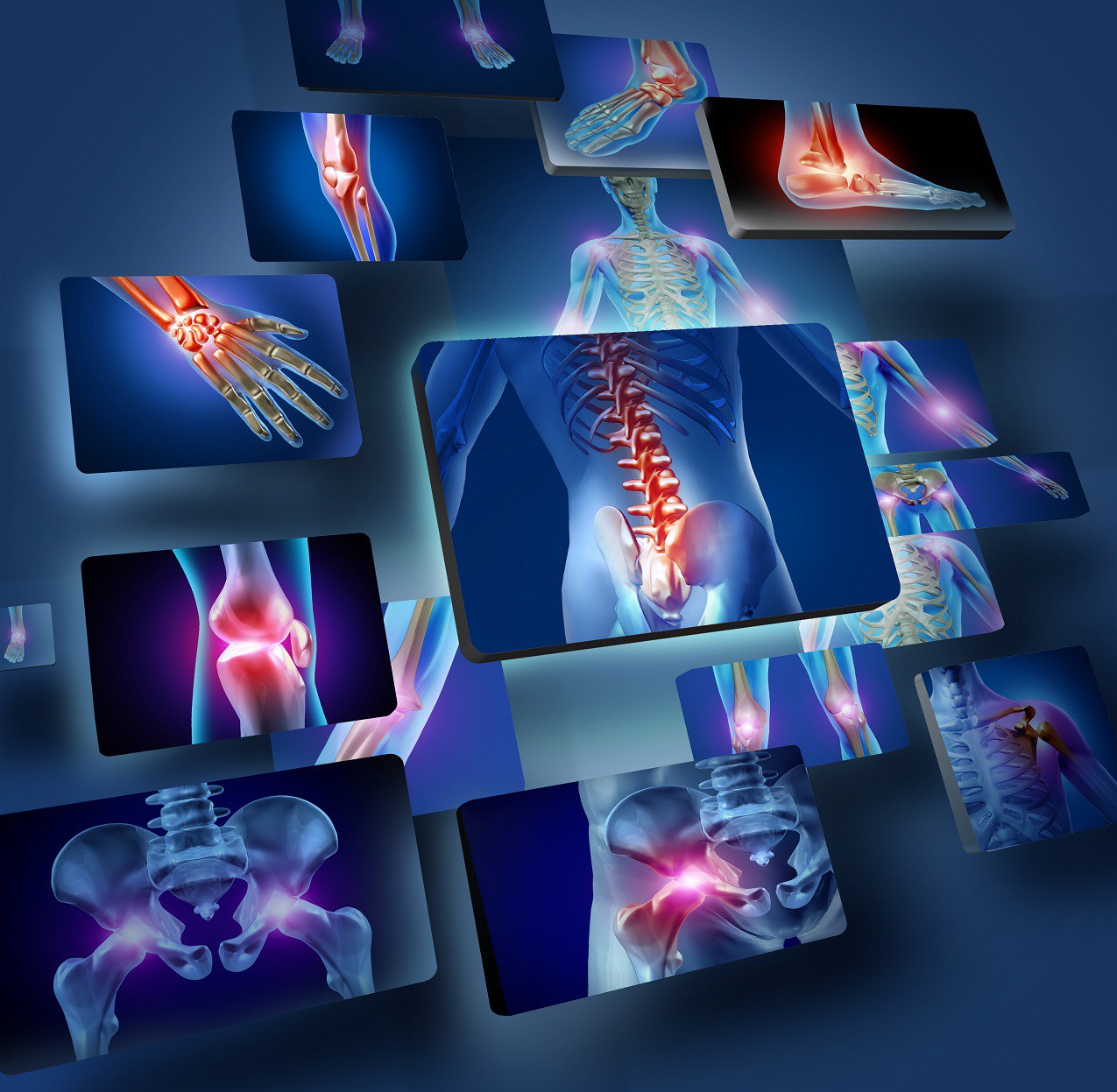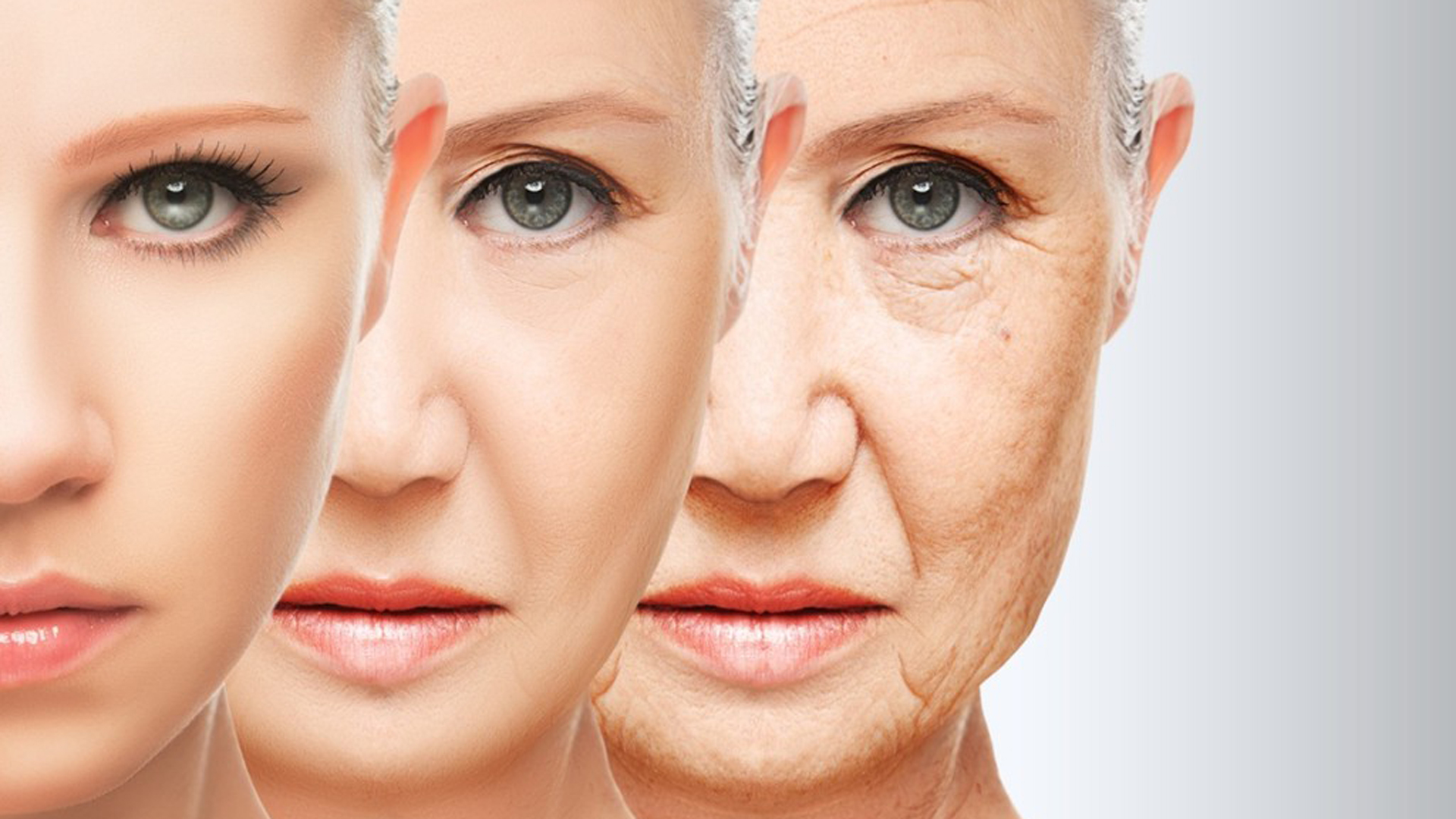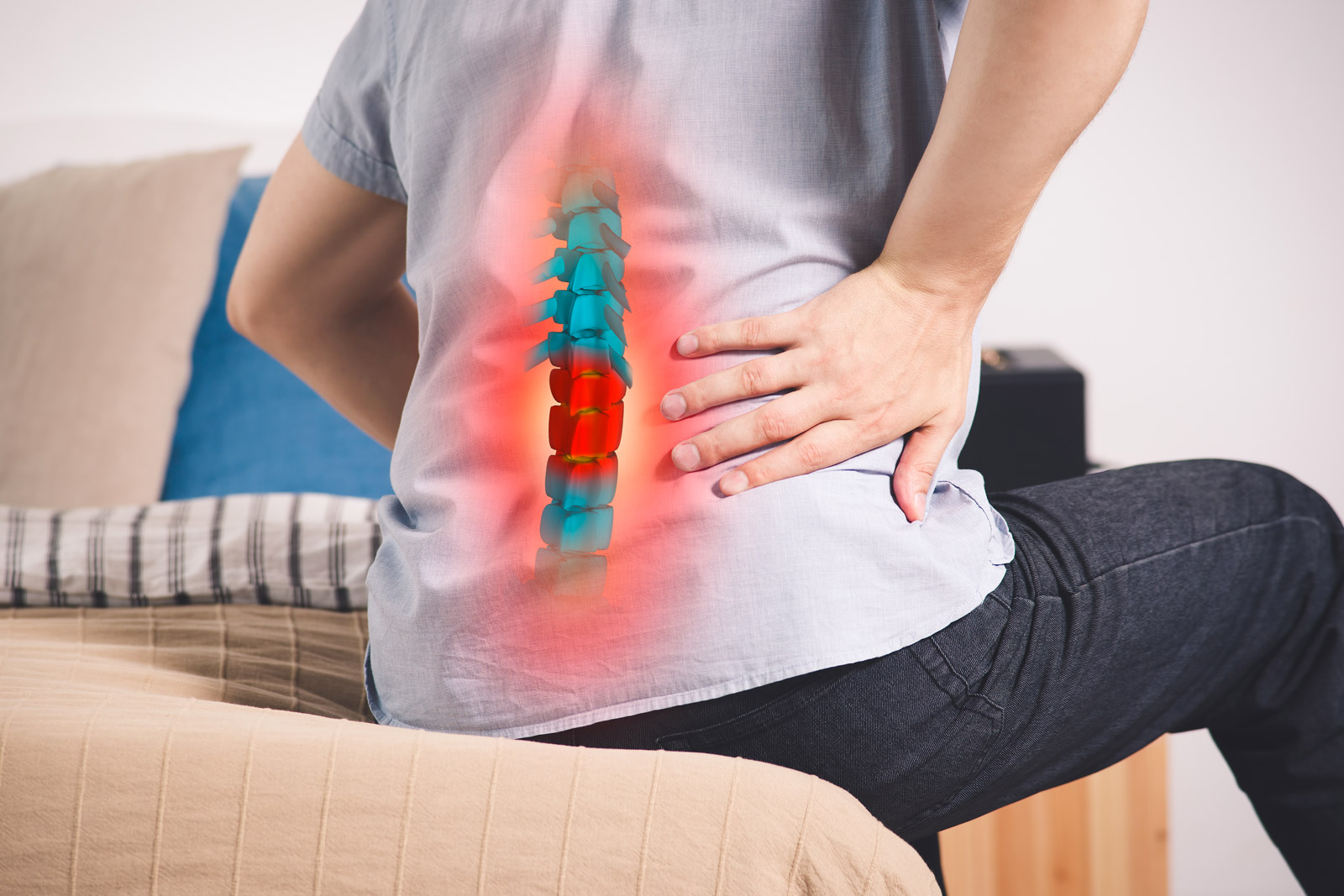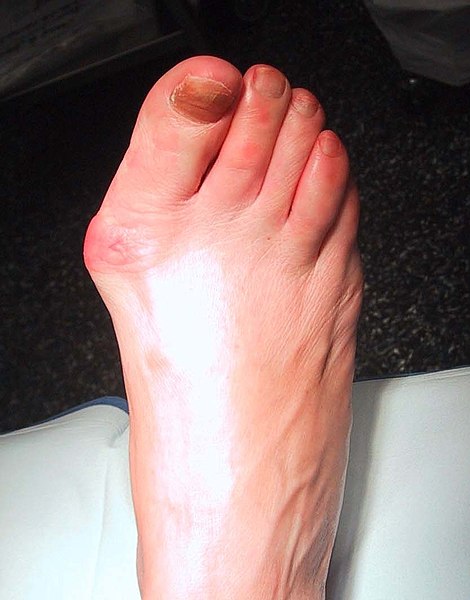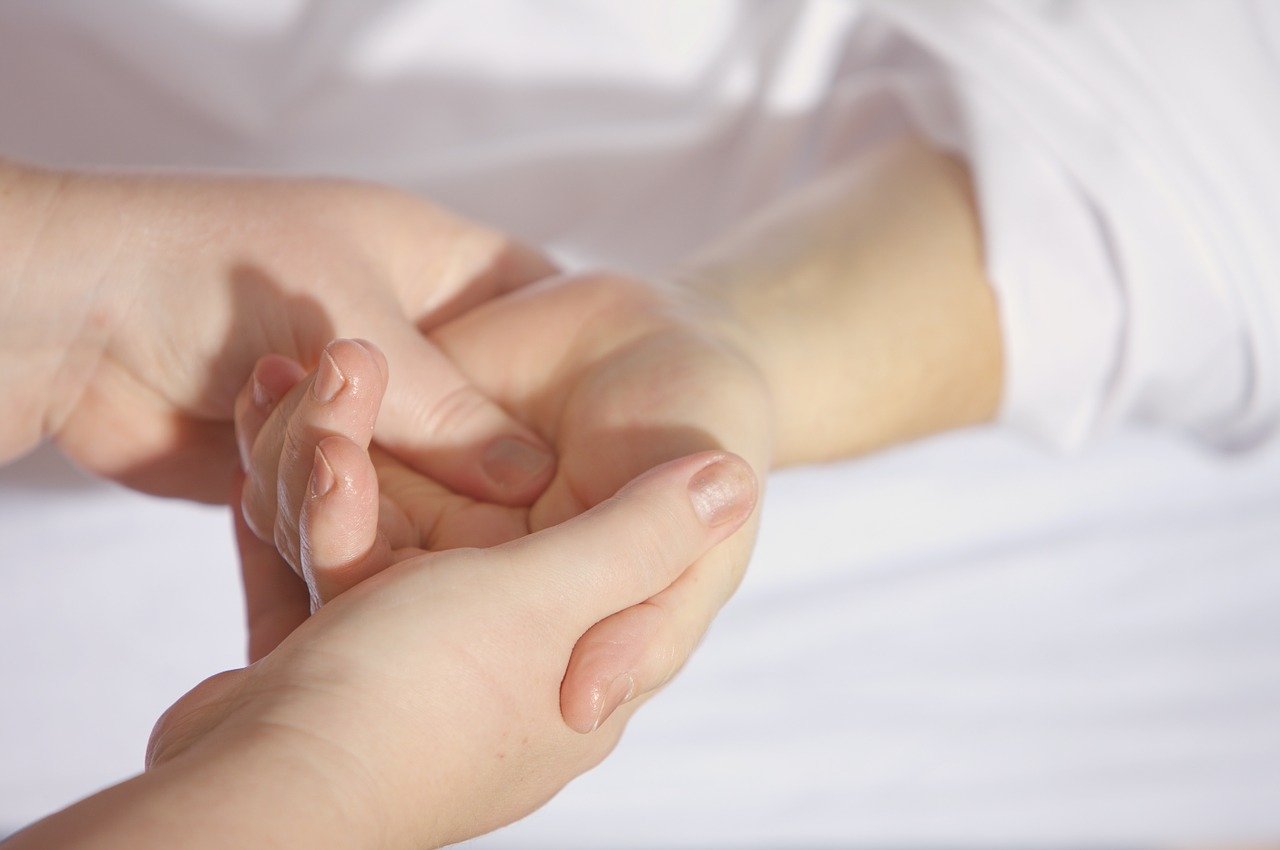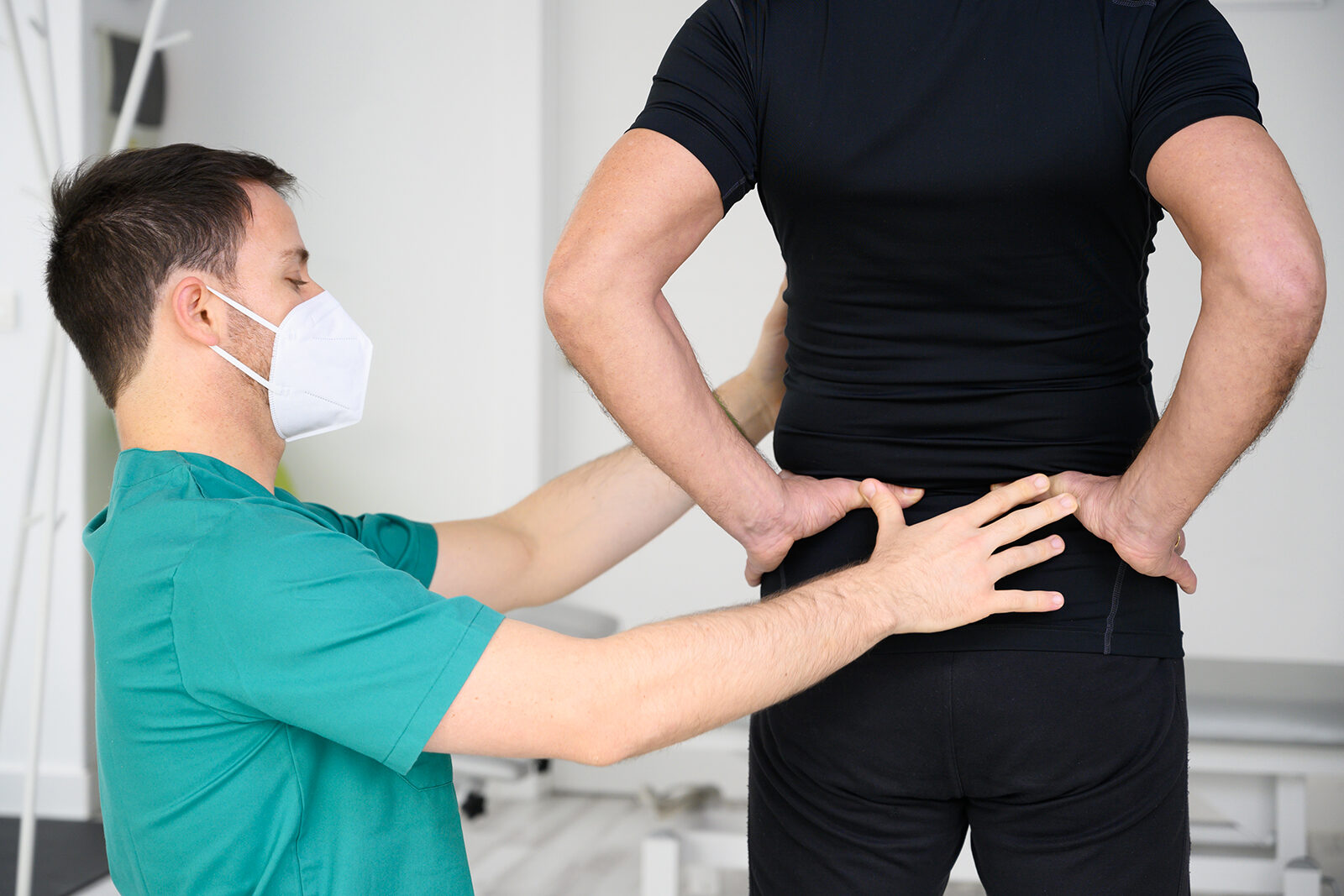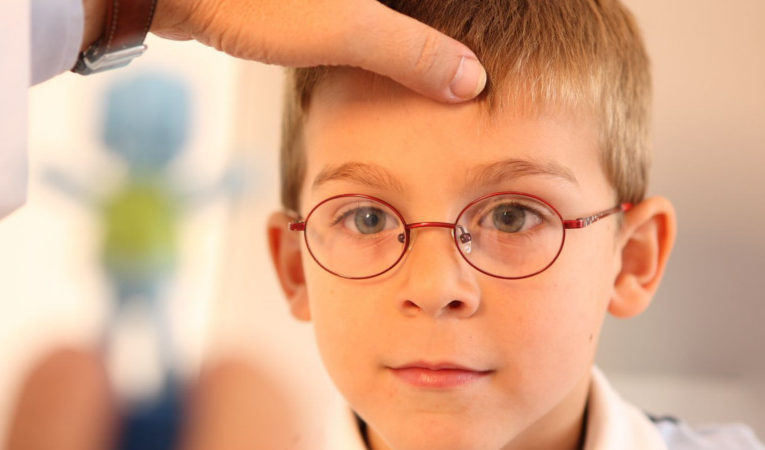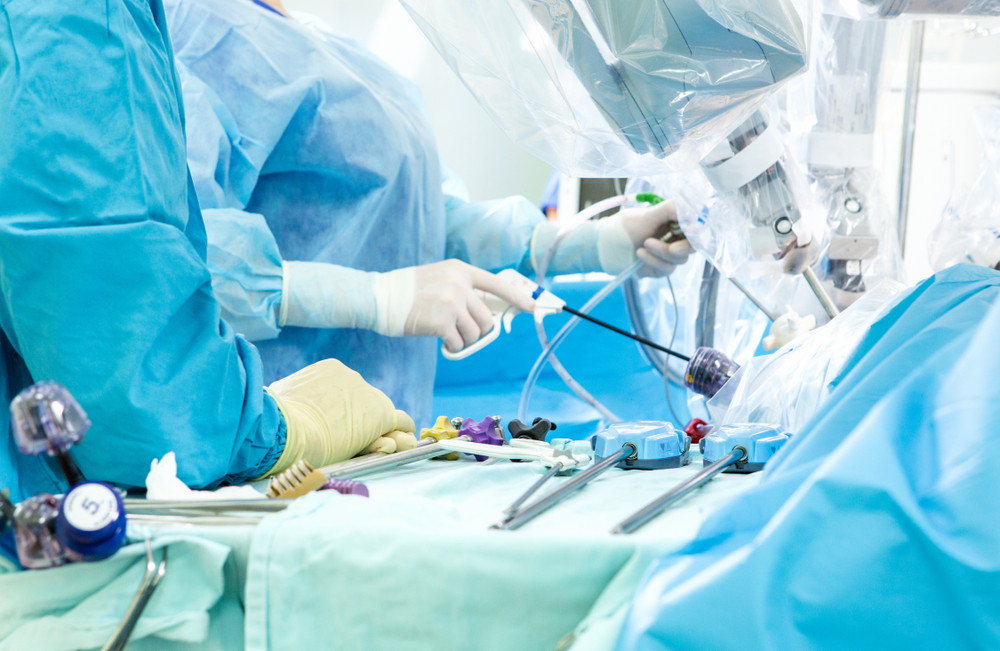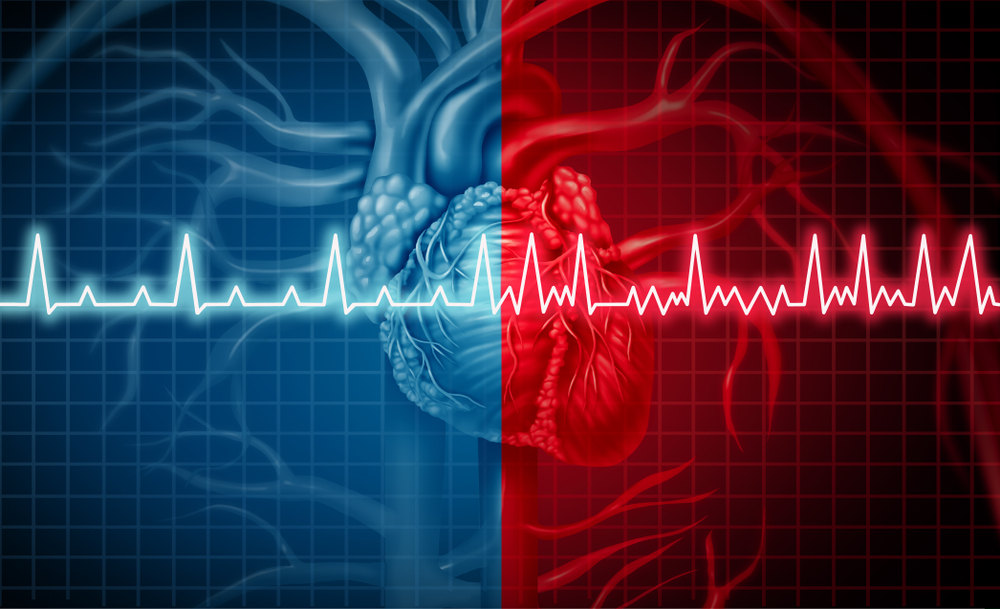Not being able to fasten a bra, to put on a jacket, to comb one’s hair, being stuck with excruciating pain that arose due to a sudden extension of the arm and that continues even if one stops until it reaches its acme….this is the living condition of those who suffer from adhesive capsulitis of the shoulder.
It is an issue that comes from a long way back, not only because it has specific stages that see a progressive and long aggravation of the symptomatology but because it seems to be a(highly disabling) disorder that somehow represents a concretization of bodily memory–and more!
In fact, adhesive capsulitis is a condition that has been called“paradoxical.” Upstream there may be an injury or a pathological condition (some studies show a correlation with conditions such as diabetes, thyroid dysfunction, hypercholesterolemia and Parkinson’s disease), recorded by the shoulder that leads to initial pain because of which the person begins to unconsciously assume a protective attitude of his or her limb, i.e., tends to move the shoulder less, entering a paradoxical spiral precisely, whereby he or she loses muscle tone and elasticity until he or she finds himself or herself with a literally “frozen” shoulder . This is in fact the other way that capsulitis cdesiva is called.
Subjects generally are individuals who by personological structure or experiences experienced as traumatic are not only unfamiliar with listening to their bodies and with pain, but are afraid of it.
A depressive state, for example, leads to a condition of hypersensitivity to pain and continuous alertness, which definitely promotes the establishment of the vicious and paradoxical cycle we have discussed, with an increased sense of helplessness, a delay in therapeutic intervention, and less participation in therapy.
After surgery (e.g., quadrantectomy or mastectomy and/or axillary emptying) the operated arm tends to remain contracted almost to protect the breast. Generally underestimated is the issue related to the shoulder joint. In fact, this type of mobility is considered less important than that of other major joints because it does not directly affect primary motor functions such as walking or manual dexterity.
Direct physiotherapy treatment, remaining in cases related to post-mastectomy issues, is extremely useful for patients who are particularly anxious and unfamiliar with their bodies. Indeed, it serves to contain the anxiety of making mistakes and feeling pain.
It is good to remember that after surgery and targeted cancer treatment, the health goal is not to restore a living condition equal to the previous one but to achieve a quality of life that accommodates and makes sense of the new condition caused by the disease.
As for the adhesive capsulitis so we have to take into account that the healing times are long and the treatment plan should always be multidisciplinary, i.e., including pharmacological intervention, physiotherapy, and specific attention to the psychic significance that the shoulder, that shoulder, as the body’s memory chest, comes to have for the individual.
Go to the doctor, do physical therapy (especially in the water), devote time and care. All of this helps to come out of “freezing” not only faster but also with an added element of awareness, knowledge and love for one’s body and life.
To have healthy shoulders you must have… strong shoulders.



